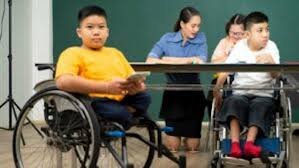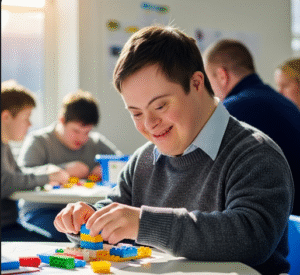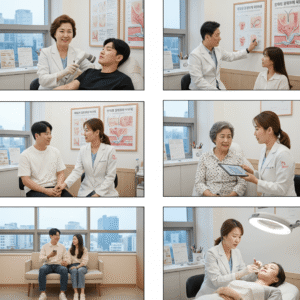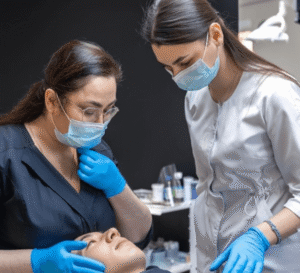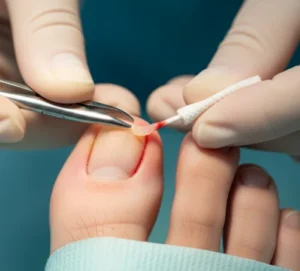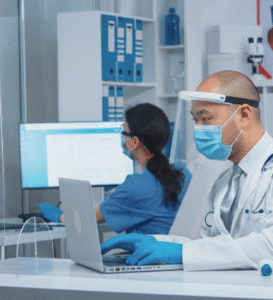Overview
Developmental Coordination Disorder (DCD) is a neuromotor condition that affects movement coordination and motor skills in children. In Korea, awareness of DCD has increased, with specialized pediatric and occupational therapy centers providing assessment, intervention, and rehabilitation to improve daily functioning and academic performance.
What is Developmental Coordination Disorder?
DCD is a motor skills disorder that causes children to have difficulty performing age-appropriate physical tasks despite normal intelligence. It is often identified in early childhood, affecting activities such as writing, dressing, or participating in sports.
Symptoms
- Clumsiness and frequent tripping or falling
- Difficulty with fine motor tasks (buttoning, writing, using utensils)
- Poor handwriting or drawing skills
- Difficulty with balance and coordination
- Challenges in sports or physical activities
- Frustration or low self-esteem due to motor difficulties
Causes
- Exact cause unknown
- Differences in brain development affecting motor coordination
- Genetic predisposition
- Possible prenatal or perinatal factors (low birth weight, premature birth)
Risk Factors
- Family history of motor coordination difficulties
- Premature birth or low birth weight
- Neurological disorders or developmental delays
- Lack of early physical activity or environmental stimulation
Complications
- Academic difficulties due to poor handwriting or task performance
- Low self-esteem and social withdrawal
- Increased risk of injury from poor coordination
- Emotional and behavioral issues related to frustration or failure
Prevention
- Early screening in preschool or school for motor delays
- Encouraging physical activity and play-based motor skill practice
- Supportive family and educational environment
- Early occupational therapy intervention
Treatment Options in Korea
- Diagnosis
- Pediatric assessment for motor development
- Standardized motor skill tests (e.g., Movement Assessment Battery for Children, MABC)
- Evaluation by occupational therapists and pediatricians
- Medical Treatments
- No medication; treatment is primarily therapeutic
- Address coexisting conditions if present
- Therapies
- Occupational therapy for fine motor skills, daily activities, and adaptive strategies
- Physical therapy for gross motor skills, balance, and coordination
- Assistive devices or adaptive equipment in severe cases
- School-based interventions and individualized education plans (IEPs)
- Rehabilitation & Support
- Home exercises and structured play to improve coordination
- Parental training to support skill development
- Psychological support to address self-esteem and emotional challenges

